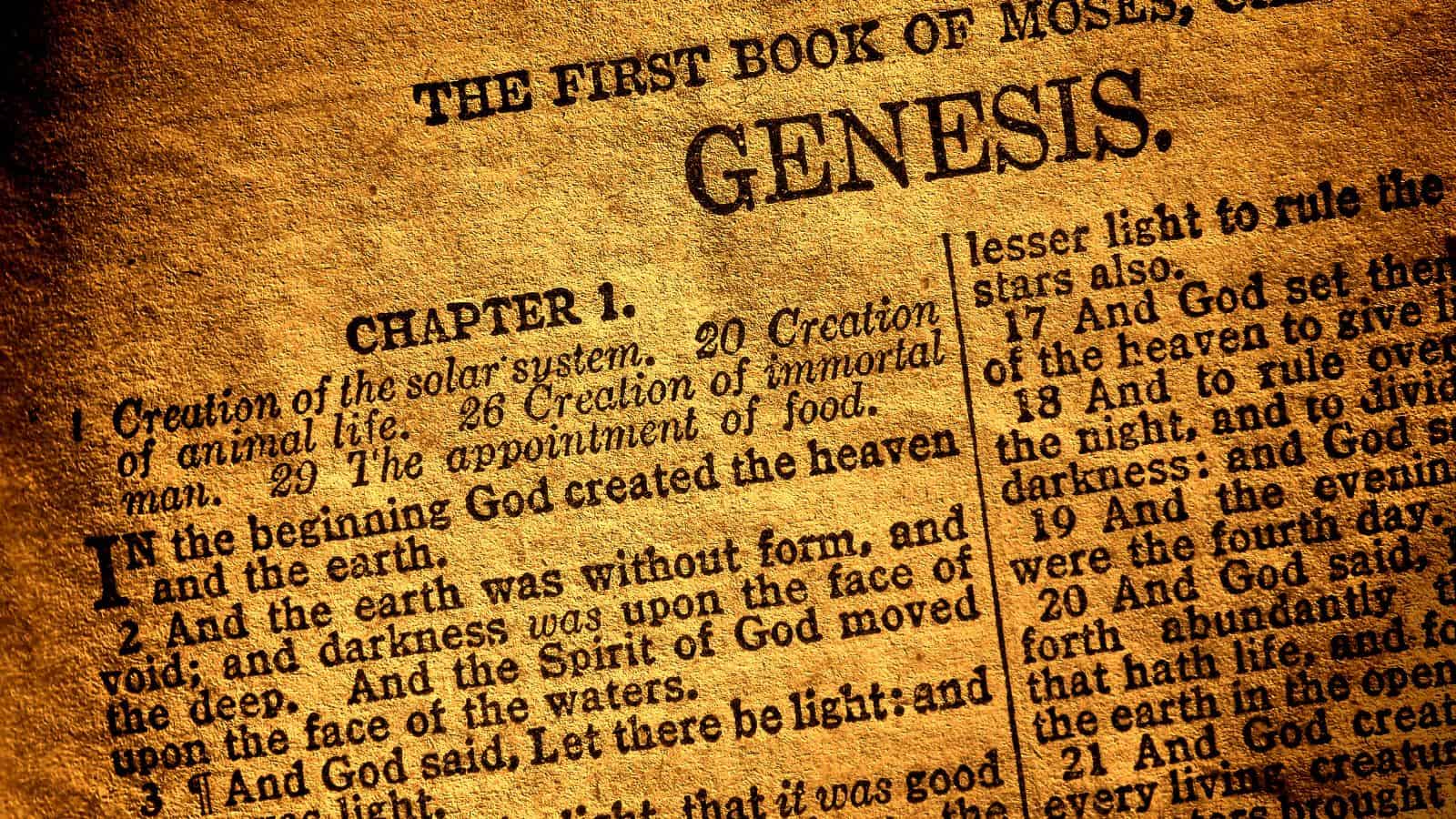It may be one of the biggest religions in the world, but Christianity is often surrounded by misconceptions and myths that distort its true teachings and the lives of its followers. In this article, we’re clearing up 17 of the most common myths about Christians, offering a clearer perspective on what they’re really like.
Christians Are Anti-Intellectual

This myth couldn’t be further from the truth. In fact, many intellectuals out there rigorously scrutinize and still choose Christianity. The Bible actually encourages intellectual pursuit, and historical Christian figures such as Augustine and Aquinas were both deeply intellectual and devout.
To Be Christian Is to Be Judgmental

Some people believe that Christians are out there judging others for their behaviors and beliefs, which isn’t the case. The religion teaches compassion and love, traits often exemplified by Jesus. Being judgmental actually goes against what is considered Christ-like behavior, which places an emphasis on self-reflection and improvement.
Christians Must Adhere to All Old Testament Laws

Christians are not bound to follow all Old Testament laws due to Jesus’s fulfillment of these laws, which shifts the focus to spiritual principles rather than strict adherence. Principle-based adherence is important, though. As shared by Western Seminary, “Both the Old and New Testaments make up the Word of God.”
Christians Are Expected to Be Perfect

It’s a common misconception that Christians aren’t allowed to make mistakes, but the concept of sin and forgiveness is central to Christianity, and the religion acknowledges that all humans are imperfect. Christians do strive for moral improvement, but perfection is recognized as unachievable.
All Christians Are Conservative

Of course, some Christians are indeed conservative, but this doesn’t mean that all are. Political and social beliefs among Christians vary widely across the spectrum, and Christianity encompasses a diverse range of viewpoints and cultures. Christians may be united by their faith but this doesn’t mean their political beliefs have to align.
Wealth Is a Sign of God’s Favor

The “Prosperity Gospel” misinterprets biblical teachings about wealth by suggesting that material success is a sign of divine favor. In reality, scripture warns against the spiritual dangers of pursuing wealth. True Christian teaching emphasizes spiritual riches over material wealth, which is far more favored.
All Christians Are Creationists

As defined by Britannica, creationism is “the belief that the universe and the various forms of life were created by God out of nothing.” Many people believe that all Christians believe this, but that’s not the case. Not all Christians reject scientific explanations like evolution. Some interpret Genesis metaphorically rather than as a literal account.
Christianity Promotes Blind Faith

Another common myth is that Christians blindly follow whatever they’re told about the religion, but many only believe in what they feel is supported by evidence and experience. Christianity itself encourages people to question and explore their doubts within a faith context.
Christianity Is Just Another Religion

Despite what some people believe, Christianity can’t be just grouped together with other religions. It’s unique in that it centers on the relationship with Jesus, not merely a few religious rituals. Christianity claims exclusivity in the path to salvation, distinct from all other religions.
Christians Take the Bible Literally in All Aspects

Especially as time goes by, this myth gets increasingly wrong. The majority of Christians don’t take the Bible literally at all and instead interpret things depending on context. Understanding the Bible involves recognizing various literary genres within the text, such as poetry, history, and allegory, each requiring different interpretative approaches.
Faith Ensures a Trouble-Free Life

The Bible “promises peace, but it also promises tribulation,” as per ArcaMax. Some people believe that Christians think nothing bad can happen to them, but biblical figures and teachings do indeed prepare followers for trials and tribulations. Suffering is often seen as a part of spiritual growth, not a punishment.
Christian Ministers Think They’re Above Others Spiritually

Certain individuals have the idea that Christian ministers believe they’re better than regular followers of Christ, but this is fortunately just a myth. All believers are seen as equal before God, so the clergy aren’t viewed as spiritually superior. Plus, as you’ve likely seen, high-profile falls remind us that everyone is susceptible to temptation.
Christian Churches Are Always Safe

While we certainly wish this could be true and the church could be a place of safety and security, it’s not always. Real-world challenges include ensuring safety within church communities. As sad as it may be, vigilance and protective measures are necessary at churches just as they are elsewhere.
Non-Offensive Speech Is Christian Speech

Being a Christian doesn’t mean avoiding telling the truth, even if the truth is considered uncomfortable or offensive. In fact, Jesus and the apostles often spoke in ways that challenged listeners, aiming to provoke thought and spiritual growth. Above all, though, speaking as a Christian balances truth-telling with love.
Christians Are Unwelcoming

Although some Christian individuals may be unwelcoming to new members of the community, this doesn’t reflect the teachings of hospitality and love emphasized in the Bible. As told by The Pew Research Center, “The world’s Christian population is expected to grow to 2.9 billion in 2050.” This wouldn’t be the case if Christian communities weren’t actively working towards being more inclusive and loving.
Christians Reject Science

Yet another common myth is that Christians don’t (or won’t) accept science when, in actuality, many Christians embrace scientific discoveries as revelations of God’s creation. The relationship between science and faith is seen as complementary by numerous theologians and scientists alike. It’s entirely possible to believe in both science and religion.
Christians Are Required to Attend Church to Be True Believers

Of course, church attendance is seen as a positive by Christians, but this isn’t the most important aspect of being a true believer. Personal faith and a relationship with God are more highly emphasized than attendance. It isn’t the only way to worship, and a personal relationship with Christ is the most essential.
Up Next: 17 Phrases Older People Use That No One Else Gets

Each and every generation has its own phrases and sayings that separate it from the rest, and the boomers certainly have plenty. Discover 17 popular boomer phrases that aren’t often used today and what they mean. Maybe you’ll want to bring some of them back!
17 Phrases Older People Use That No One Else Gets
People Who Don’t Show Empathy Usually Have These 18 Traits

The world would be a better place if everyone had a little more empathy. But sadly, in reality, some people show much less empathy than we’d like. Here are 18 traits of people who don’t show empathy.
People Who Don’t Show Empathy Usually Have These 18 Traits
The 17 Unhappiest States in America

The US has hit an all-time low position in the World Happiness Index, tumbling to 23rd in 2024. However, it’s important to remember that location is an important factor; many US states are very happy, unlike the following 17 US states that appear to be the most unhappy.
